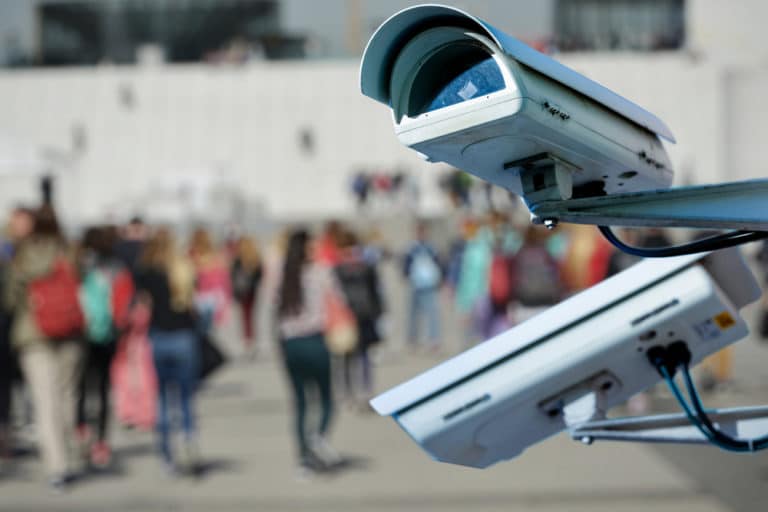The commercial surveillance tool Patternz is collecting data from billions of users without permission. This is according to the report “Europe’s hidden security crisis” by the Irish Council for Civil Liberties (ICCL).
The report shows that in Europe, companies and governments are using Real-Time Bidding (RTB) en masse to collect data on internet users.
The technology ensures that ad space on websites and inside apps is automatically sold to the highest bidder. Each time users are shown a targeted ad, data about what they read or view is recorded and sold.
This data is resold to other companies, as well as governments which can use it for surveillance purposes. Selling the data is also known as “bid requests”.
Patternz surveillance tool
Although large tech companies such as Google are also guilty of such practices, the ICCL’s arrows in the investigation mainly focus on the commercial tool Patternz from Israeli security company ISA Security.
This tool, according to the researchers, tracks more than five billion website and app users’ behaviour, online and off.
For example, using RTB technology, the tool is able to track a user’s location and travel movements. This using the advertising platforms and networks operating within smartphone apps. The tool could also even track a target’s children or co-workers.
A YouTube video that has been taken offline, viewed by 404 Media, shows that the tools can analyze data from more than 600,000 apps. The company says it has profiles of more than five billion user IDs. It says it sees the smartphone as a virtual ankle strap.
Google account now closed
In response to questions from U.S. Senator Ron Wyden, Google has now decided to shut down ISA Security’s advertising account. As a result, the tool no longer has access to Google’s ad platform and auction process.
Google itself is said to have known about the existence of the Patternz tool since 2021, but allegedly took no action against it.




















